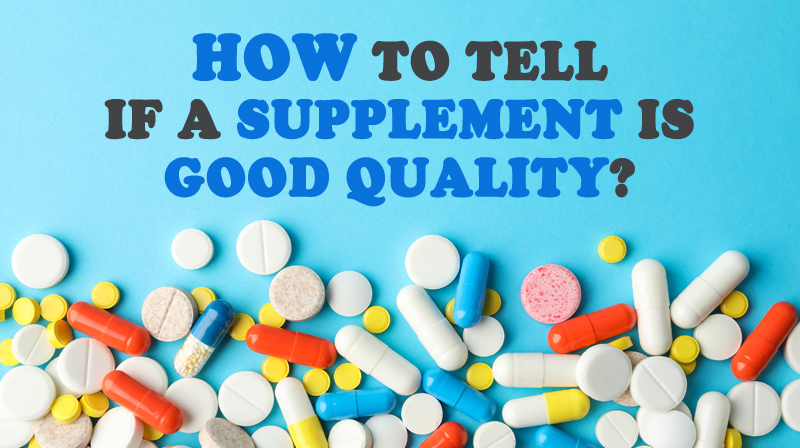
With rising living standards, the growing "sub-healthy" population, and the lasting impact of the pandemic, consumers are increasingly prioritizing preventive healthcare ("treating disease before it occurs") for themselves and their families. Nutritional supplements have now become the "fourth meal" in modern households—an essential part of daily wellness routines.
With countless products on the market, smart choices require science-backed evaluation. Key considerations include: ingredients, formulation, manufacturing standards, and brand credibility. Here’s a detailed guide to help you make an informed decision:
Traceable Origins – Look for clearly labeled sources (e.g., "Vitamin E from BASF, Germany").
Organic & Certified Ingredients – Prioritize USDA Organic, Non-GMO, or EU-certified components.
Superior Bioavailable Forms – Opt for advanced forms like:
Methylfolate (instead of folic acid)
Chelated minerals (e.g., magnesium glycinate over oxide)
Active B vitamins (e.g., methylcobalamin for B12)
Clinically Effective Dosages – Ensure key nutrients meet research-backed levels (e.g., Vitamin D3 ≥ 1000 IU, Magnesium 300–400 mg).
No Fillers or Unnecessary Additives – Avoid products overloaded with starch, talc, or artificial flow agents.
Synergistic Blends – Smart combinations enhance absorption, such as:
Vitamin D3 + K2 (for calcium metabolism)
Iron + Vitamin C (for better iron uptake)
Advanced Production Techniques – Check for technologies like:
Microencapsulation (protects sensitive nutrients)
Delayed-release capsules (for better stomach tolerance)
GMP-Certified Facilities – Ensures strict quality control.
Third-Party Testing – Look for heavy metal screening, microbial tests, and potency verification (e.g., NSF, USP, or Eurofins certifications).
Enhanced Bioavailability – Liposomal vitamin C, emulsified omega-3s, or softgel capsules for fat-soluble vitamins (A, D, E, K).
Time-Release Technology – Ideal for B-complex vitamins to sustain energy levels.
Clean Formulations – Free from artificial colors, preservatives, and common allergens (gluten, soy, dairy).
Scientific Backing – Brands with clinical studies, peer-reviewed research, or collaborations with universities are more trustworthy.
Professional Endorsements – Supplements sold in pharmacies, hospitals, or recommended by healthcare providers indicate higher reliability.
Verified Customer Reviews – Check long-term user feedback on independent platforms (Amazon, Trustpilot) rather than just brand websites.
Why It Matters?
A premium supplement should:
✅ Use pharmaceutical-grade ingredients
✅ Follow evidence-based formulations
✅ Adhere to strict production standards
✅ Provide full transparency (lab reports, sourcing details)
By applying these criteria, you can confidently select effective, safe, and high-quality supplements that truly support your health goals.
Invest in your wellness—choose wisely! ?